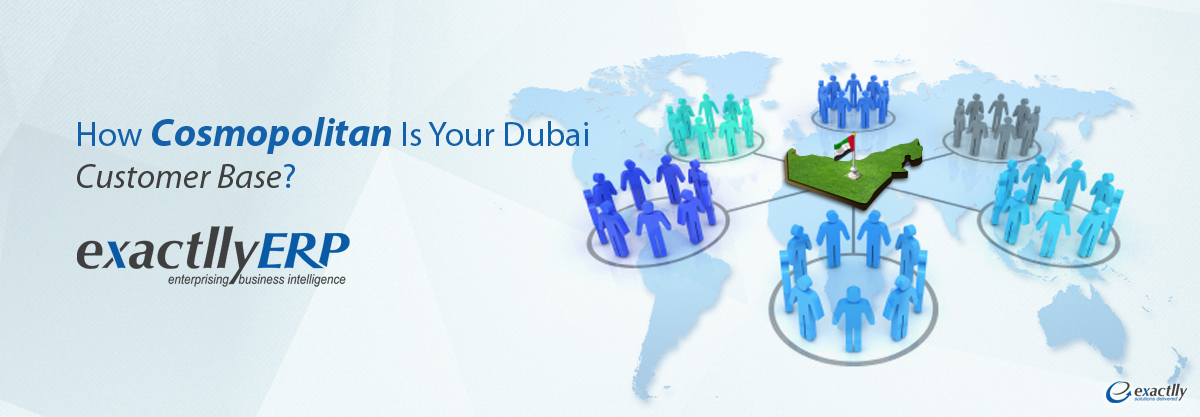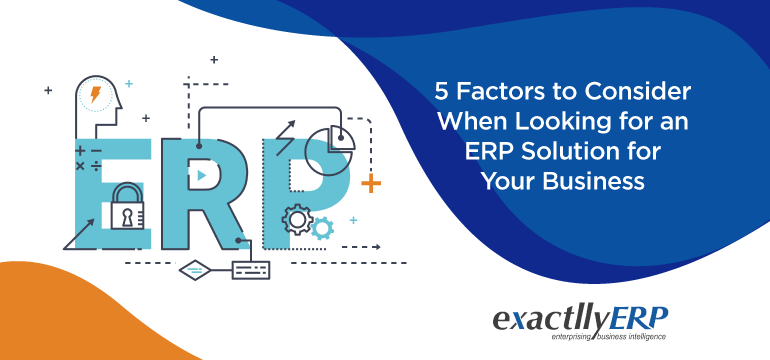Top 6 ERP Blunders and How to Avoid Them

Top 6 ERP Blunders
Implementing an ERP system is one of the toughest decisions a company can possibly make. It not only costs a lot of money, it also requires a lot of planning, team effort, training and time that needs to be invested. While most ERP implementation projects go well, there are always those horror stories that we come across.
This is mostly because of the common blunders that companies make while implementing and also while using the ERP. A careful and planned approach to ERP implementation and usage is crucial to its success. There are several blunders that companies must avoid in order to make their ERP implementation a success.
In this article, let us take a look at the most common blunders that companies make while implementing an ERP and how best we can try to fix those blunders, if already committed. As they say, nothing is impossible when the desire to grow is strong. If you wish to make your ERP implementation successful and beneficial to your company, all that you need to do is make sure that you do not repeat the mistakes that everyone commits.
- Poor planning and not knowing what to expect from an ERP
A number of companies jump into the ERP bandwagon without thinking much. Their usual opinion is, if everybody is doing, why can’t we? From what we have noticed, one of the biggest blunders that companies make is to not plan properly and not understanding what to expect from an ERP. With little information and unrealistic expectations, things often go wrong.
Companies need to prioritize what they need and what their goals really are. This will help them to choose the best ERP after a thorough research. Companies must ensure that they contact ERP Vendor beforehand and enquire all possible doubts they may have. Once they understand the implications of ERP implementation, they can go ahead and install it.
- Not having a team to convey organizational requirements
Companies that seek ERP should make sure they have a specific team that studies and evaluates every pressing issue. This team should have prior knowledge of what to expect, what the ERP’s impact would be and what its rules and regulations are.
Before we begin ERP implementation, this specific team should conduct groundwork to understand the ramifications of ERP implementation. The requirements must be communicated to the ERP vendor so that a layout can be designed as required. Designing the layout of ERP software is very important, especially if we are talking about ERP customization.
- Inadequate training and instructions to employees
Implementing ERP and beginning to use it is one thing. But to be able to use it properly without encountering hitches is something different altogether. One of the biggest blunders that companies make is to not train their employees about using ERP. The moment an enterprise resource planning system is installed, employees must undergo thorough training programs, preferably overseen by the vendors.
Vendors usually have the technical know-how to teach and train your company’s employees about how best to use an ERP. This allows your employees to understand the quirks that each software program comes with. ERP is a complex software program that needs to be understood properly before being used. Whether we like it or not, training is a crucial step in the successful implementation of ERP.
- Not communicating changes that will take place
Employees, managers and other administrative staff need to know what sort of changes they must expect. Many a times, companies abruptly make changes to an existing ERP system and expect their staff to just know how to use the new system. Not only is this a foolhardy method of implementing ERP but is also quite dangerous. Before you make changes to your existing ERP system, you need to brief your staff about the changes that may occur.
These changes may be related to the way an ERP works, the amount of time that is required to complete certain processes, the way an interface looks and how the new ERP can be optimized and customized for your company’s needs. In order to avoid surprising your staff with unpleasant changes, make sure that you brief them beforehand about what to expect and what sort of changes may take place.
- Not addressing security issues and making backups and archiving, before implementation
A very crucial aspect of ERP is security. ERP holds a great deal of information that is deemed sensitive. As ERP systems manage almost all teh business stages of a company and handle a great deal of information, security related concerns should be on top of your mind. Unfortunately, we have come across companies that don’t really take security seriously.
What results is people will end up putting sensitive information in a compromised situation ad that can be very bad for the well-being of the company. Making sure that all the security risks are taken care of should be one of your top priorities. Other than this, updates and changes made to ERP systems also require you to archive all your data.
If you do not make backups or archive your data, you might lose important information, though it is a rare possibility. Make sure that you always make backups and archive all the sensitive information so that nothing is really lost.
- Assuming that employees will simply start using ERP as if they used it for decades
Many companies often install ERP and assume that employees will easily begin to use it. ERP has a learning curve which we must respect. It takes time for users to get a hang of the interface and the various ways to enter data and process information. Companies must give their employees a reasonable time to adjust to the ERP interface and make sure that it is not forced upon them all at once.
Training modules and a little time to practice their ERP skills will help companies to avoid confusion and chaos. To expect that employees will automatically begin to start using ERP as if they have been using it for decades is a little too much to ask. Ensure that you give your employees adequate time to understand the way ERP works.
Final thoughts
While companies always have the best of intentions, they sometimes make mistakes because of lack of information. Speaking to an experienced ERP vendor will always help companies to prepare for major changes with respect to ERP implementation. Moreover, one must always keep the above 5 blunders in mind and ensure that adequate measures are put in place. ERP is a very useful and necessary tool in business. However, using it the right way is equally important too.






